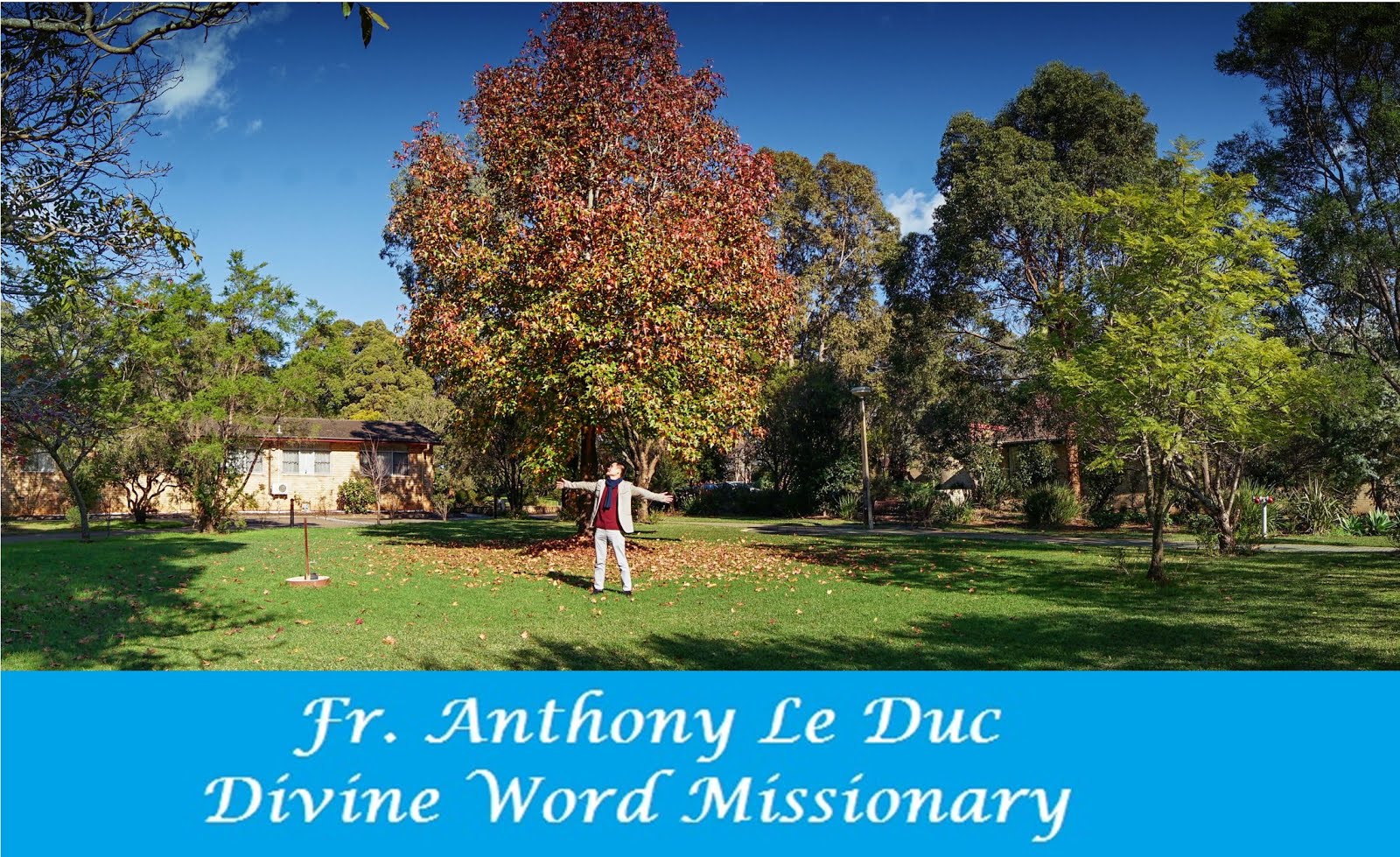We are living in a time in human history that is being called by different names—the digital age, the information age, or the computer age. What all these different names attempt to convey is a sociological reality where various aspects of human society is run using computer-based technology that enables the transfer of information freely and quickly. The shift from the industrial age to the digital age was ushered in about three decades ago when the Internet was introduced and its use became prolific, especially through such applications as the World Wide Web and email. While technological developments vary widely from nation to nation throughout the world, one would be hard pressed to find any country, even the most under developed, that does not make use of digital technology either in its political governance or economic activities. With half the world’s population having access to the Internet, digital interaction is becoming more ubiquitous in human life and is increasingly having profound impacts on human social, mental and spiritual well-being. The question for us to consider today, at least in a cursory manner, is whether this so called digital or information age is a special time frame in human history that warrants not only sociological but also theological reflections. And if theologizing is to be done, is there a need for a brand of theology called, for a lack of a better term, cybertheology? This paper will to some extent try to answer these questions as well as situate cybertheology, if there is such a thing, in relationship with the various theologies available in the field.
http://www.freinademetzcenter.org/index.php/news-and-information/news/133-communicators-reflect-on-the-gospel-in-digital-society
